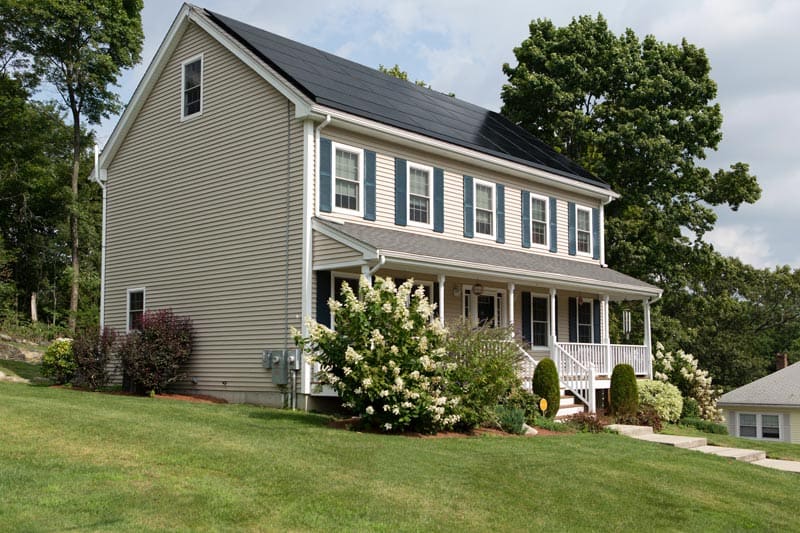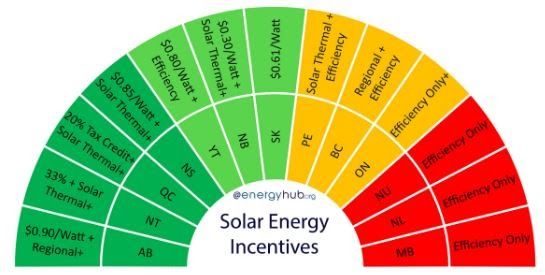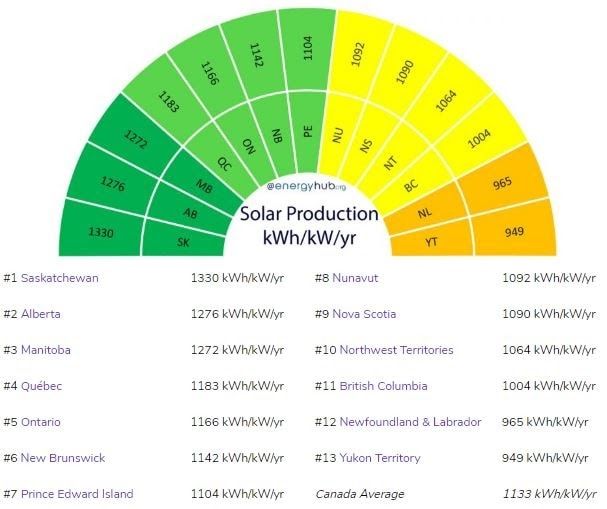Rooftop Solar Panels – Are They Right For Your Home
Year after year we hear about the benefits of solar panels and how they can help save you money and make the earth a cleaner place to live. Solar panels can effectively cut down your electricity bills, as well as cut down on carbon emissions.

But are they right for your home? There are a few things homeowners should do before deciding whether or not to install solar panels on their roofs. In this article, we will go over a few facts about solar panels, and figure out if they are right for your home.
Solar Energy History
Solar energy has been studied for a long time and scientists have been trying to figure out how to properly harness the massive energy from the sun since the 1800s. Alexandre Becquerel discovered the photovoltaic effect in 1839. He basically discovered how to turn solar energy into electrical energy, and sparked the movement that we see today all the way back in the 19th century.
Bell Laboratories was responsible for the first modern solar cell in 1954. Amazing to think that we had the ability to harness solar energy back then, and it has taken so long to get off the ground even in the most developed countries of the world.
Solar Energy in Canada
Solar energy in Canada is starting to experience some rapid growth, especially in Ontario where almost 98% of our solar energy produced comes from. Our vast area gives us lots of room to develop solar energy plants in the future, and we hope to see more in places like Alberta and Saskatchewan.
Currently, the latitude of Canada gives us less solar irradiance than countries such as the United States. Canada has a 6% capacity factor versus the United States 15%. This doesn’t mean that we still shouldn’t invest in solar energy.
In 30 years, the average solar panel system can help reduce carbon emissions by 100 tons.
Provinces like Alberta and Saskatchewan are in a prime area for solar energy, benefiting both the earth and their pockets. Take a look at the graph below

Source: Energy Hub
The incentives for the provinces in green are relatively high and can benefit you greatly if you install a solar panel system in your home. You can even receive grants from the government to help cover the installation costs.
Are Solar Panels Right For My Home?
In order to decide whether or not to install a solar panel system requires some thought. First, you must think about how much sun your roof will receive in the span of a year. Depending on the province you are in, this can differ greatly.

Source: Energy Hub
If you are a resident of Alberta, you are in a great position to start thinking about a solar panel system. Coming in second place, Alberta solar production is pretty far ahead of the remaining provinces in Canada.
The average solar power system in Alberta will generate approximately 1276 kWh of energy per kW per year according to Energy Hub. This can save and even allow you to earn money off of your solar system.
Does Your Roof Need To Be Replaced?
In order to install a solar panel system on your roof, it needs to be in good condition and made with strong materials. One of the most important factors you should consider when thinking about solar panels is the condition of your roof.
If you own an older home and your roof is nearing the end of its lifetime, it is highly recommended that you get it inspected and replaced. Going through the hassle of installing your solar panel system twice is something no homeowner wants to go through when the issue could have been handled beforehand.
It’s good to note that solar panels typically last about 25-30 years, so installing a system on a roof that will need to be replaced within 5 years or so would be a waste of time and money.
Is My Roof Compatible With Solar Panels?
Even if your roof has been recently replaced, you need to think about if the roof is compatible with solar panels or not. There are a few factors that go into this including the material, pitch, and shape of the roof.
Compatibility factors to think about:
- Material
- Pitch
- Shape and Size
- Amount of Shade
Roof Materials
Considering the wide range of materials available for roofs nowadays, some homeowners might be thinking about whether or not their shingles are compatible with solar panels. Fortunately, most common roofing materials allow for the installation of solar panels with no damage to the materials themselves.
Asphalt shingles are an excellent choice for solar panels. Most homes in Alberta use this type of material, so if your home has these you’re good to go!
The materials that don’t work well with solar panels are wood roofs and slate roofs. These materials are very brittle and solar panel installers won’t be able to work on the roof itself without damaging the materials. This can lead to a much more expensive job, as this makes it difficult to install the system.
Pitch
The most efficient pitch for a roof with solar panels is around 30 degrees and it is recommended that you don’t install panels on a roof with more than a 40-degree pitch. This can lead to a large decrease in energy production as the roof just simply doesn’t get enough sunlight directly onto the panels.
Shape and Size
In order to maximize the amount of energy your panels can provide your home, you need to figure out how much available room there is on the roof. You need to have a relatively large surface area to work off of, or else you may not have enough room to install the system. It is recommended that you contact a contractor such as Fortress Roofing to help you evaluate if you have enough room.
The orientation of your roof
The most effective way to point your solar panels is true south. Solar panels can work in other directions, but in order to get the maximum amount of sunlight due to how the Northern Hemisphere works, it is best to point them true south.
Amount of Shade
Of course, it is good to think about how much shade is around your home as well. Large trees can block a good portion of sunlight from hitting your panels, greatly reducing the amount of energy generated. Make sure your system is free of being blocked by trees and any buildings that could potentially block your panels from getting sunlight.
Conclusion
Solar panels can help decrease the number of carbon emissions your home puts out, all while saving you a few dollars. There may be a few factors to think about when considering a solar panel system, but we believe it’s well worth the time and effort. If you need any help to decide if your roof is ready for a solar panel system, give us a call or email us today. We would be happy to help!




